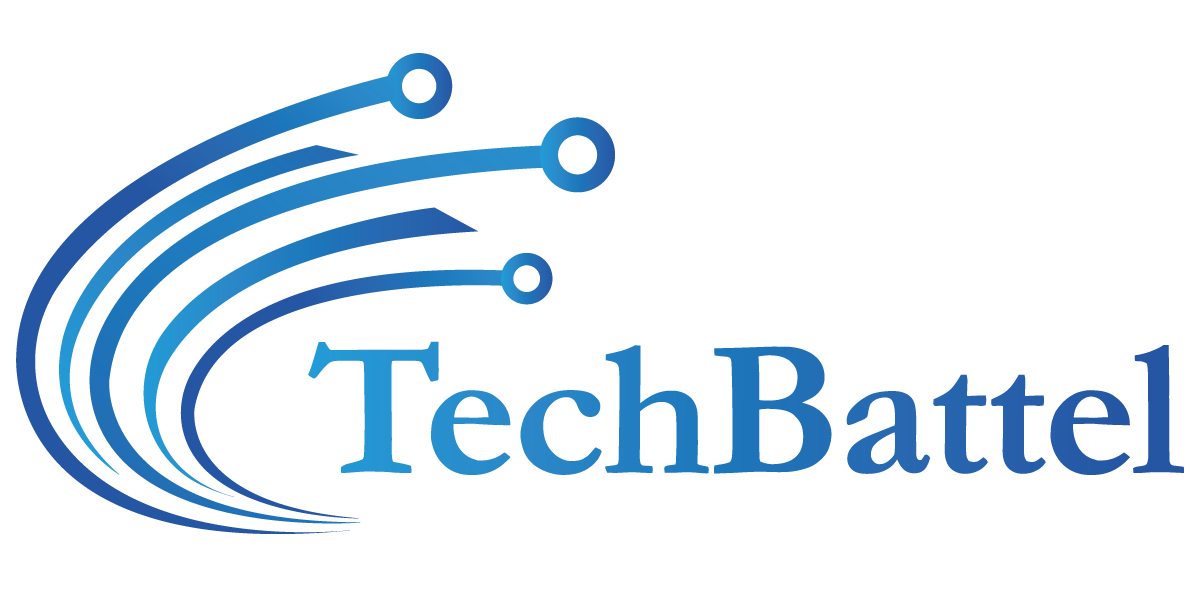In a rapidly evolving healthcare sector, the pressure to increase profitability and efficiency is paramount. One area that requires close attention is Revenue Cycle Management (RCM). RCM, in simple terms, refers to the process of managing claims, payments, and revenue generation. It encompasses everything from determining patient eligibility, collecting co-pays, coding claims, tracking claims, and collecting payments. To ensure better profitability, healthcare institutions need to optimize their RCM. A significant way to achieve this is to outsource RCM.
Understanding the Importance of RCM
At the heart of any successful healthcare provider’s financial performance is an efficient Revenue Cycle Management system. It provides a framework for tracking patient care episodes from registration and appointment scheduling to the final payment of a balance.
Outsourcing RCM: A Profit-Making Strategy
Outsourcing RCM is a strategic move for healthcare providers seeking to optimize their revenue cycle management. It involves enlisting the services of a third-party company to manage your revenue cycle processes. This approach has multiple benefits.
Increased Revenue: Outsourcing RCM can result in higher revenues. The third-party companies are experts in the field, have the latest technology, and follow up aggressively on unpaid claims. They can reduce coding errors, accelerate payment cycles, and ultimately increase profitability.
Reduced Operational Costs: Outsourcing RCM eliminates the need for in-house billing departments, thereby reducing overhead costs. It also alleviates the need to continually train staff and update systems.
Allows Focus on Patient Care: With the administrative tasks handled by a third-party provider, healthcare providers can focus more on patient care. This improves patient satisfaction, which indirectly can lead to increased revenues.
For example, a small clinic may decide to outsource RCM to cut down on administrative tasks and focus more on patient care. The third-party RCM provider takes care of all the billing, coding, and claim follow-ups. As a result, the clinic sees an uptick in revenue, decreased operational costs, and improved patient satisfaction.
Best Practices for Outsourcing RCM
If you decide to outsource RCM, consider the following best practices.
Choose the Right Partner: The success of outsourcing RCM largely depends on the partner you choose. Look for a company with a proven track record, expertise in healthcare RCM, and innovative technology.
Establish Clear Communication Channels: Regular communication is critical when outsourcing RCM. Ensure you have regular reports and updates on the status of your revenue cycle.
Ensure Compliance: The RCM provider should be compliant with all regulations, including HIPAA and other industry standards.
In conclusion, optimizing healthcare revenue cycle management can significantly enhance profitability. Given the complexity of RCM, outsourcing presents a viable option. It allows healthcare providers to leverage the expertise and technology of third-party companies, which can lead to increased revenue, reduced operational costs, and improved patient care. For more information visit Techbattel.com

